
In Conversation with Gwen Whiting of The Laundress
Co-Founder of The Laundress
September 11, 2020
You co-founded The Laundress with Lindsey Boyd back in 2004, while both working full-time in fashion. Can you share a little more about how you came up with the idea for The Laundress, and how it was initially received?
In early 2000, I was in my mid-twenties and a few years out of college. I was working at Ralph Lauren with an amazing boss and co-workers who were friends, with a corporate Amex that was taking me around the world on hardworking – but glamourous – business trips. I was living in a sixth-floor walkup apartment shared with two girlfriends and living check to check—the dream!
While I was building a wardrobe consisting of sample sale items, my first pair of jeans at a $100 price point, and white T’s that no longer came in a 3-pack, I was struggling with my laundry and dry-cleaning upkeep. My sixth-floor walkup only had a bathroom and kitchen sink (with no room for drying), so my washing was going to a fluff and fold around the corner. I realized my sheets and shirts were beginning to shred, literally in my hands, and knew dry cleaning was an abysmal, unnecessary expense (let alone a toxic process). I would haul my loads of “must care for” items on the NJ transit to properly care for them in my mother’s laundry room using a combination of handwashing/line drying and the delicate cycle machine setting.
While I could craft a space for the washing techniques needed to clean my dry clean items, there were no laundry products in the US marketplace that were made specifically for wool and cashmere and silk and delicate synthetics. It also didn’t make sense to me that there wasn’t a start to finish laundry load experience in one cohesive scent—the stain remover, detergent, softener, and starch products each had a different, and frankly unpleasant, fragrance.
I had the idea of creating a consumer-focused fabric care collection and described it to my boss one afternoon while driving around the city; he turned to me and said, “Gwen, it sounds like a Laundress.” From there, I connected with my college friend Lindsey Boyd to see if she was on board to take on the 13 billion dollar cleaning category with a concept based on the pain points we both shared. The rest, as they say, is history!
What are some challenges you faced in 2004 when starting the company that you might not have faced in 2020? How did you spread the word and reach your audience before the explosion of social media?
It's hard to imagine life before anything and everything was just a click away via ecommerce, Amazon and Whole Foods. We overcame the challenge of not having a large national retailer presence by making our product accessible online to everyone who wanted to order. We went against the norm at the time by launching The Laundress across US and International boutiques, specialty retailers, and direct to consumer.
The Laundress was also radically disrupting the standard detergent and fabric care approach—our goal was to create products that were fabric and care specific vs. the grocery one-size-fits all methodology. On top of that, we were telling people to stop dry cleaning and that they could and should be washing these garments at home.
The Laundress products were equally supported with our relentless attention to offering how-to information that empowered our customers to clean with confidence. We were eager to do everything in our power to connect with our customers— from written recipes and (now embarrassing) how-to videos, to daily email conversations with our customers @askthelaundress which later evolved to the Clean Talk blog, social media, and quick chat.
The Laundress was launched in 2004, long before sustainability was a way of life. Meanwhile, we were creating eco-friendly, plant derived products that were highly concentrated (8x more compared to the norm at the time) and offered a curated scent experience using fine fragrance blends. We started and remained focused, literally, “cleaning one person at a time” building our cult following of loyal Launress enthusiasts “turning an everyday chore into a luxurious experience.”
What is your best advice for Entreprenistas who are considering co-founding a business, rather than starting on their own?
Work with someone who has complementary but different skill sets than yours. Business takes all hands on deck, and you will do every job needed. Having different skills and talents allows you to divide and conquer and get more done. Partnership is harder and more complicated than a marriage, so be prepared.
What is the biggest challenge you have encountered while building The Laundress and what did you learn?
Money, lack of it. We never raised any capital- we survived off credit cards, loans and lines of credit all the way up to the day of our acquisition.
It was stressful, but kept us growing organically and focused. When you are so lean, every decision matters, every employee, and creative problem solving is your best tool.
I wouldn’t say this is the only or best way, but this was the only way that made sense to us.
Piece of advice you wish you had known when you first started?
I don’t think I have any magic words here- I do know that always being authentic, transparent and honest will always take you to the right place. And always doing what is right, I only did what made sense and felt right by creating everything the absolute best it could be—from a formula to brand artwork to relationships with manufacturing partners and employees.
What is something we would be surprised to learn about you?
I use a blackberry (that barely works..)
How has your industry been impacted by the COVID-19 pandemic?
Like most retail, so many of our clients' stores are closed. The difference is, we are a consumer good making cleaning products, which has increased demand with everyone cleaning and staying at home. The dishes and laundry loading up every day!
We have a global business, with our business divided in 3 parts- Direct to Consumer, US wholesale and International distribution. Our global business partners were hit the same way as us, with most of our US wholesalers shuttered too. This has left us operating our Laundress.com business, Amazon and few other E-commerce clients. We have been standing on one leg of our three legged stool.
In what ways have you had to pivot since COVID-19 hit? How has this impacted your retail store?
Aside from the pivot to working remote, keeping our team and operations in sync like everyone else, we had to really manage our supply chain. Our factories and suppliers are so dedicated to us. We built invaluable relationships with our suppliers who remain so dedicated to us, everyone does everything they can to keep our bottles filling and shipping. We have had to prioritize and focus our production based on everyone running 50% below normal capacity.
Our retail store has been closed since March, and we successfully transitioned our full time staff to remote as well. Our team is on social doing cleaning demonstrations, hosting zoom events, doing phone orders with their loyal clientele, on our e-com quickchat, and answering our store and office phones.
We never moved on from our scrappy startup mentality, so it is still in our DNA to always roll up our sleeves and do what we need to do.
Where do you see The Laundress in the next 5 or 10 years? Do you have any exciting projects in the pipeline?
This year I have been working on certifying The Laundress as a B-Corp. I am really excited to ensure my legacy of The Laundress will not only empower care for people, the things they love, and the world we live in, but will also be in business for the force of good.
Certified B Corporations are a new kind of business that balances purpose and profit. They are legally required to consider the impact of their decisions on their workers, customers, suppliers, community, and the environment. This is a community of leaders, driving a global movement of people using business as a force for good.
What does being an Entreprenista mean to you?
Having a dream and making it come true.
Check out Gwen's podcast episode to learn more about her entrepreneurial journey!

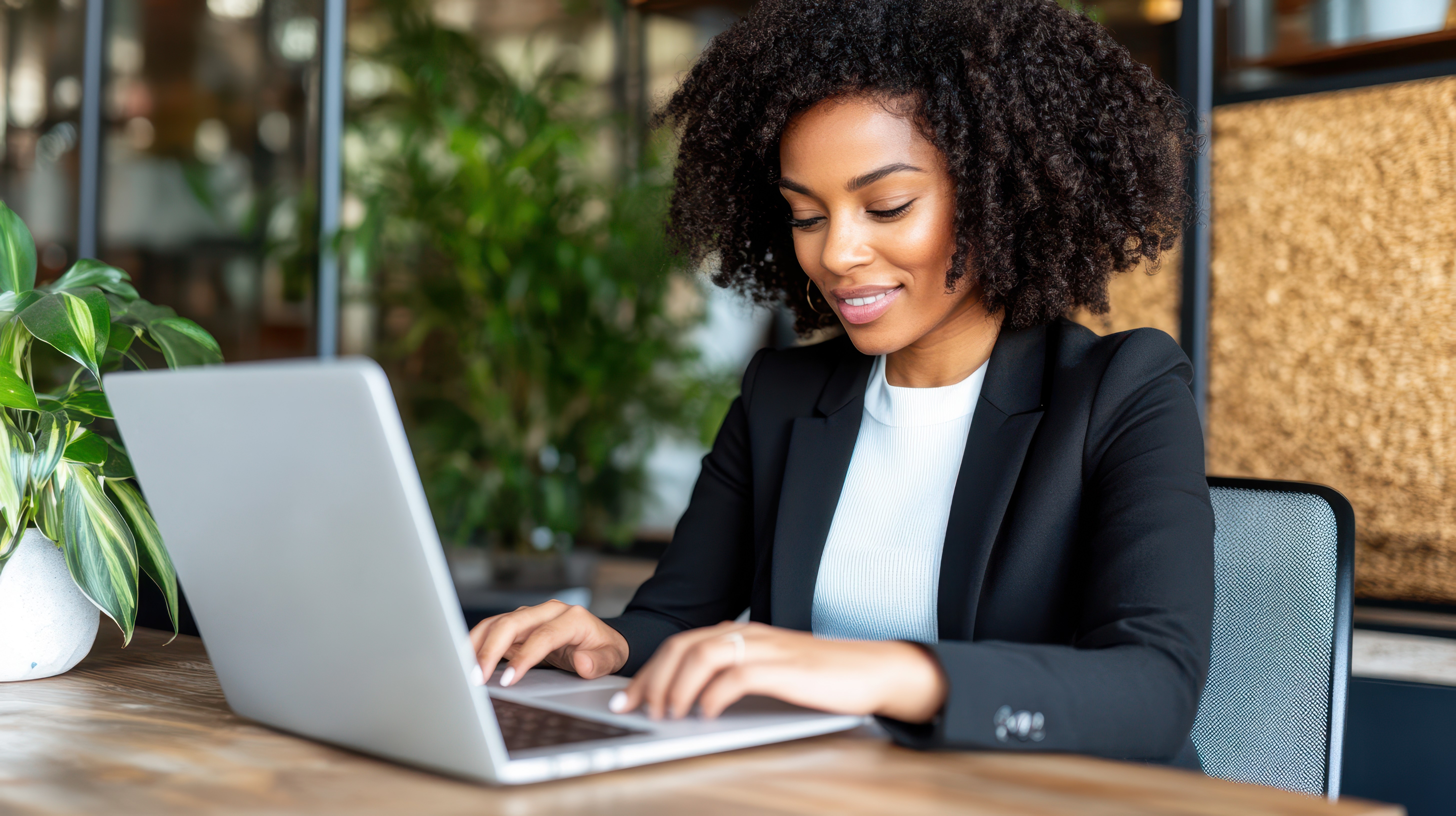
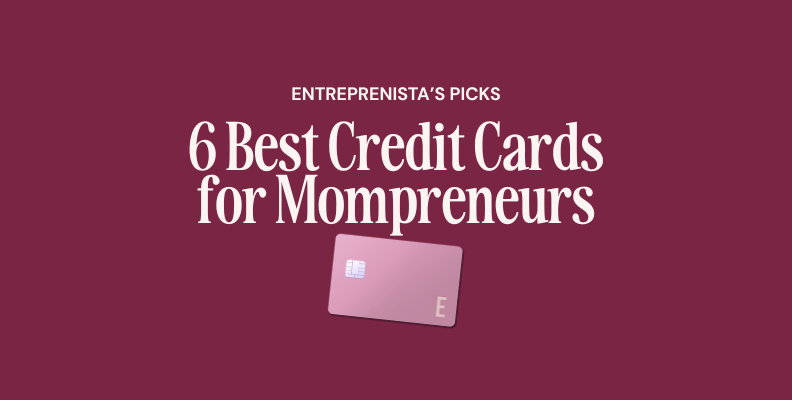
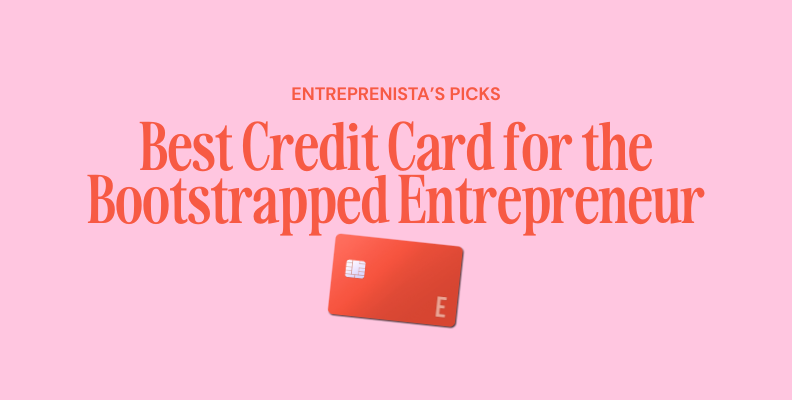



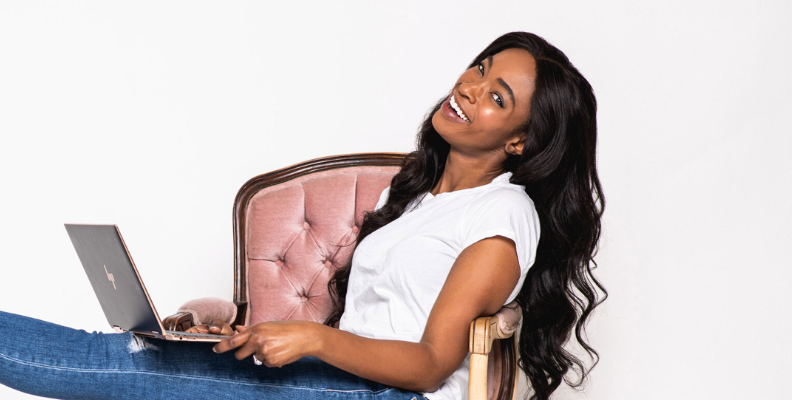
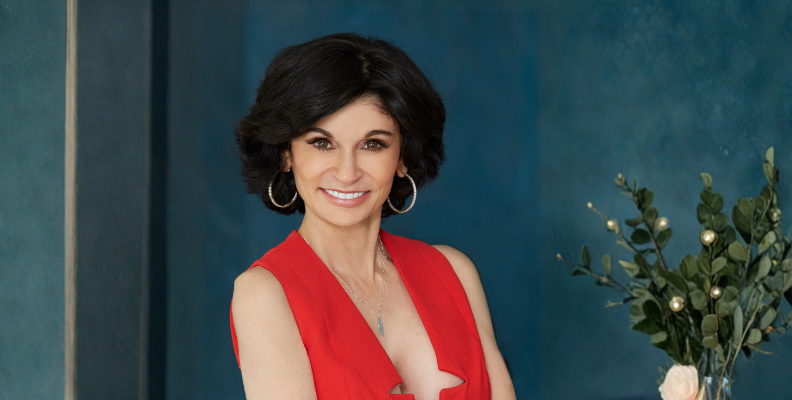
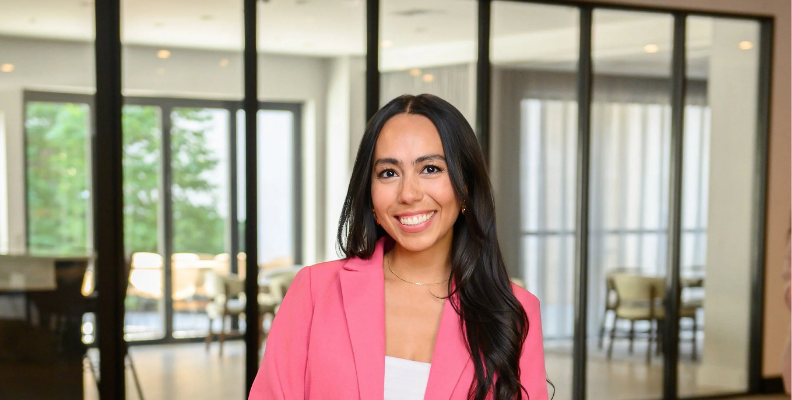
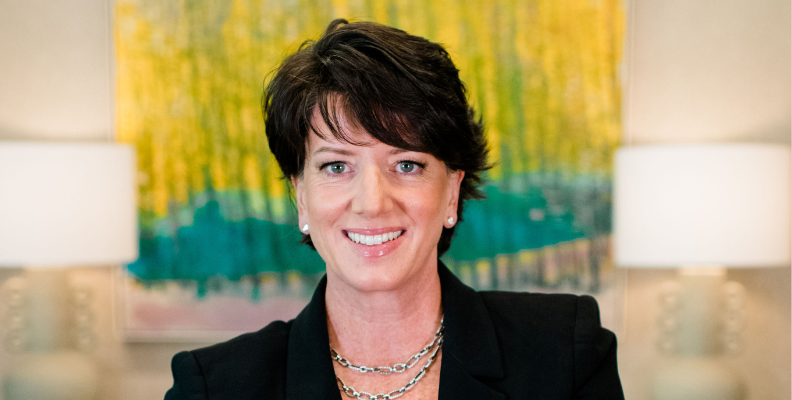


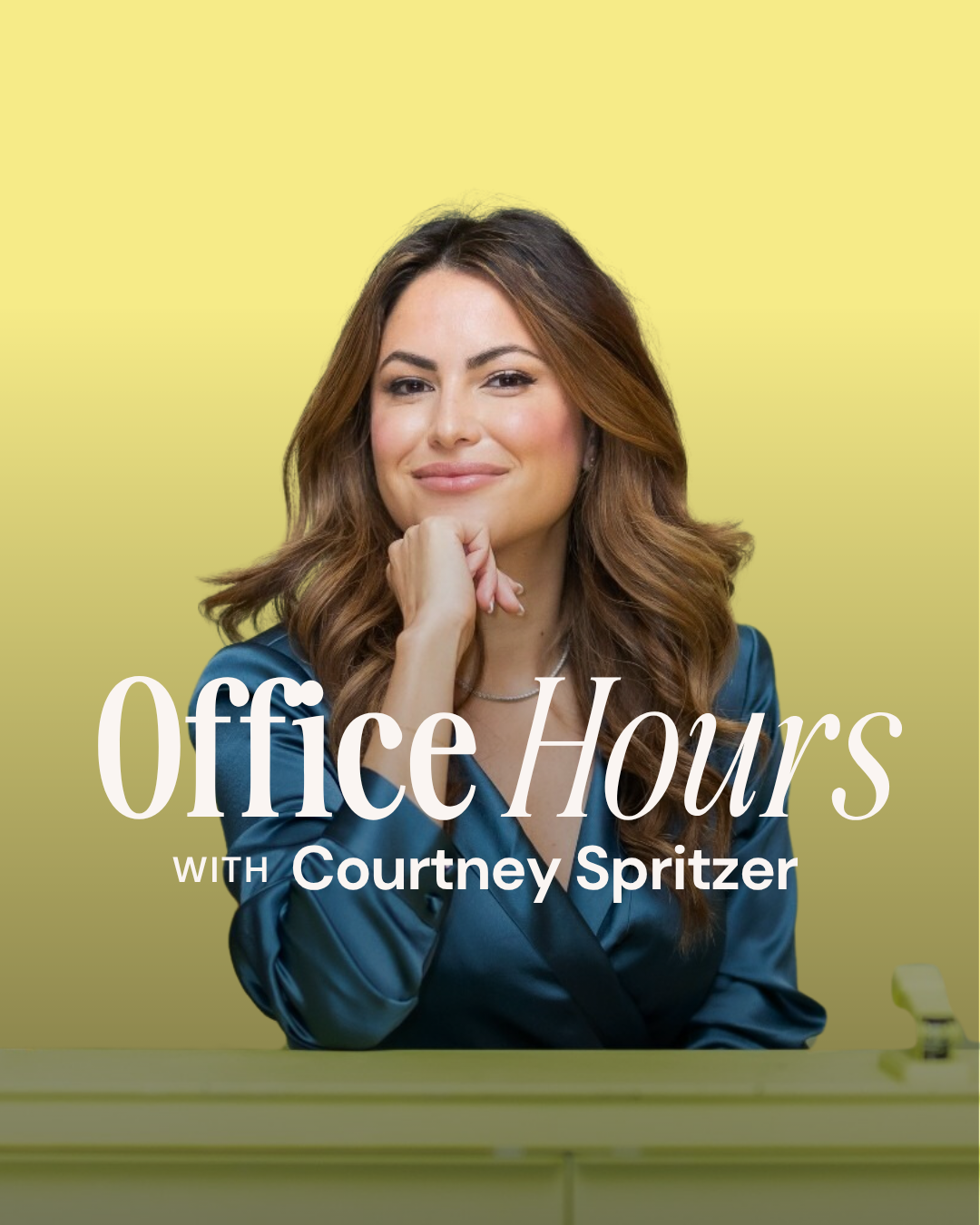
.png)
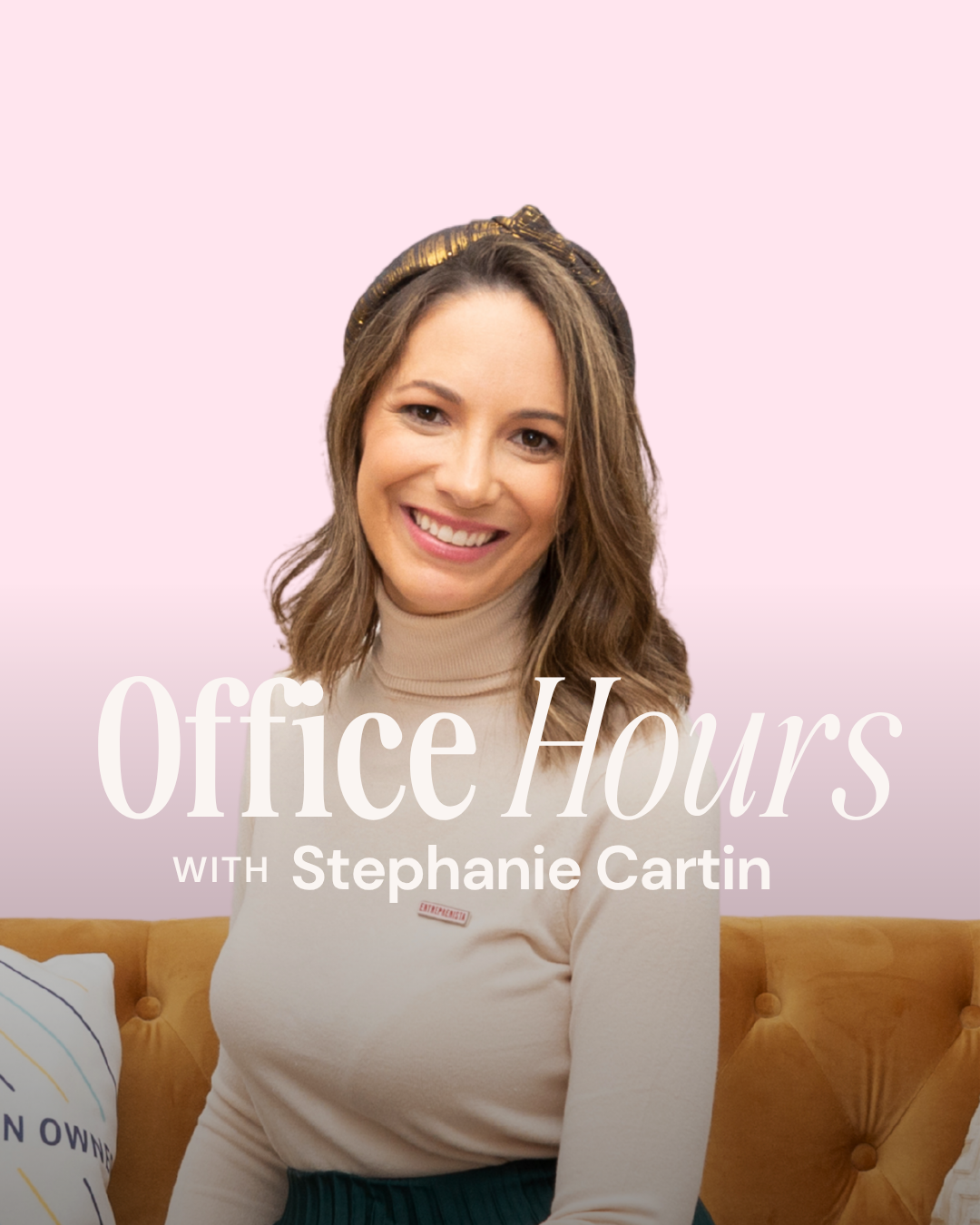
.png)



.avif)

